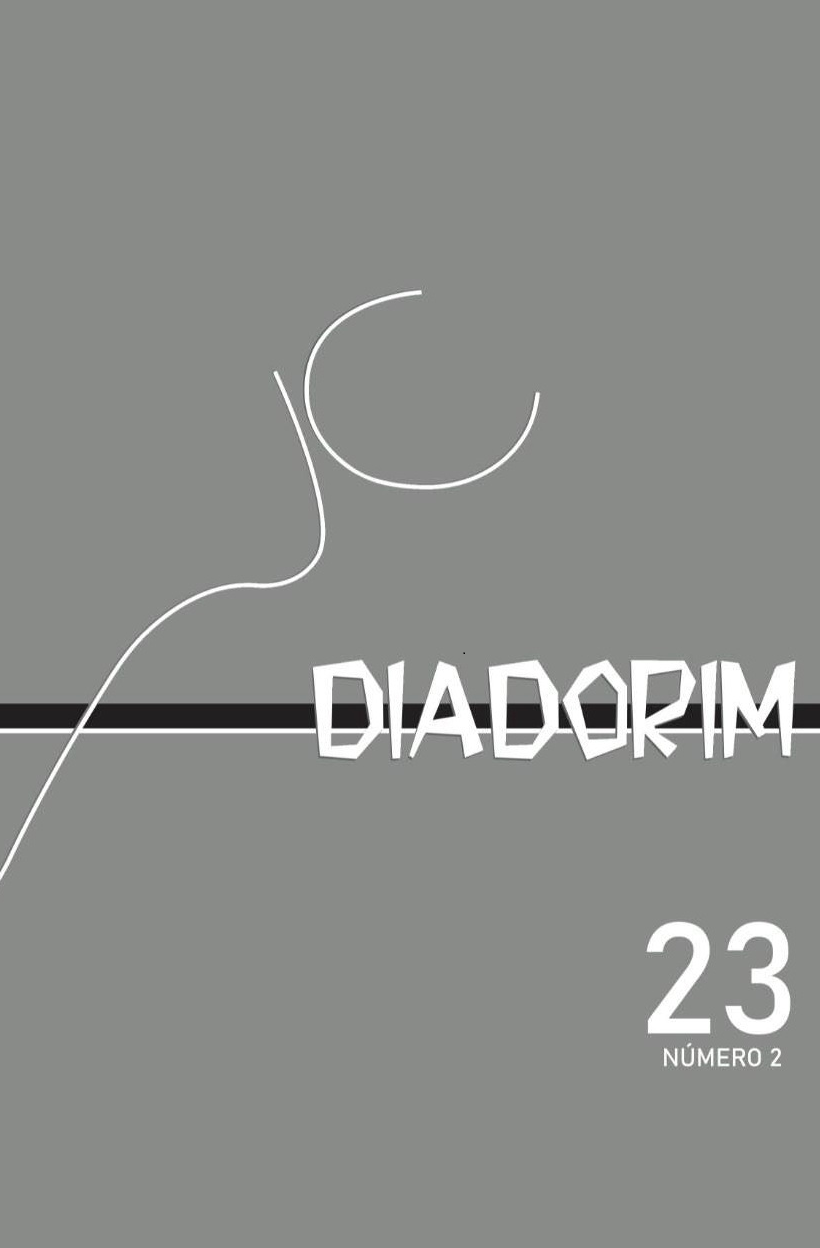RELATIONAL MORPHOLOGY: AN INTERVIEW WITH JENNY AUDRING
DOI:
https://doi.org/10.35520/diadorim.2021.v23n2a41148Ключевые слова:
Morphology, Construction Morphology, Relational MorphologyАннотация
Jenny Audring was born in 1977 in Berlin, then capital of the German Democratic Republic. She earned a double MA degree in Linguistics and English from the Free University Berlin in 2003. She then moved to the Netherlands, where she received her PhD at the Free University Amsterdam in 2009. After teaching at various universities throughout the Netherlands she is now permanently affiliated with the University of Leiden. Her main research interests are morphology, the (mental) lexicon, and the complexity and learnability of language. She has special expertise in grammatical gender and construction-based theories of morphology.Библиографические ссылки
AUDRING, Jenny. 2019. Mothers or sisters? The encoding of morphological knowledge. Word Structure 12(3). 274–296. https://doi.org/10.3366/word.2019.0150
CULICOVER, Peter W., Ray Jackendoff & Jenny Audring. 2017. Multiword Constructions in the Grammar. Topics in Cognitive Science 9(3). 552–568. https://doi.org/10.1111/tops.12255
JACKENDOFF, Ray S. & AUDRING, Jenny. 2016. Morphological schemas. The Mental Lexicon 11. 467–493. https://doi.org/10.1075/ml.11.3.06jac
JACKENDOFF, Ray & AUDRING, Jenny. 2019. Relational morphology in the parallel architecture. In Jenny Audring & Francesca Masini (eds.), The Oxford Handbook of Morphological Theory, 390–408. Oxford: Oxford University Press. https://doi.org/10.1093/oxfordhb/9780199668984.013.33
JACKENDOFF, Ray S. & AUDRING, Jenny. 2020a. The Texture of the Lexicon. Oxford: Oxford University Press.
JACKENDOFF, Ray S. & AUDRING, Jenny. 2020b. Relational Morphology: A Cousin of Construction Grammar. Frontiers in Psychology 11. 2241. https://doi.org/10.3389/fpsyg.2020.02241
Загрузки
Опубликован
Выпуск
Раздел
Лицензия
Transferência de direitos autorais - Autorização para publicação
Caso o artigo submetido seja aprovado para publicação, já fica acordado que o autor autoriza a UFRJ a reproduzi-lo e publicá-lo na Diadorim: Revista de Estudos Linguísticos e Literários, entendendo-se os termos "reprodução" e "publicação" conforme definição respectivamente dos incisos VI e I do artigo 5° da Lei 9610/98. O artigo poderá ser acessado pela internet, a título gratuito, para consulta e reprodução de exemplar do artigo para uso próprio de quem a consulta. Essa autorização de publicação não tem limitação de tempo, ficando a UFRJ responsável pela manutenção da identificação do autor do artigo.

A Revista Diadorim utiliza uma Licença Creative Commons Atribuição-NãoComercial 4.0 Internacional (CC BY-NC 4.0).

